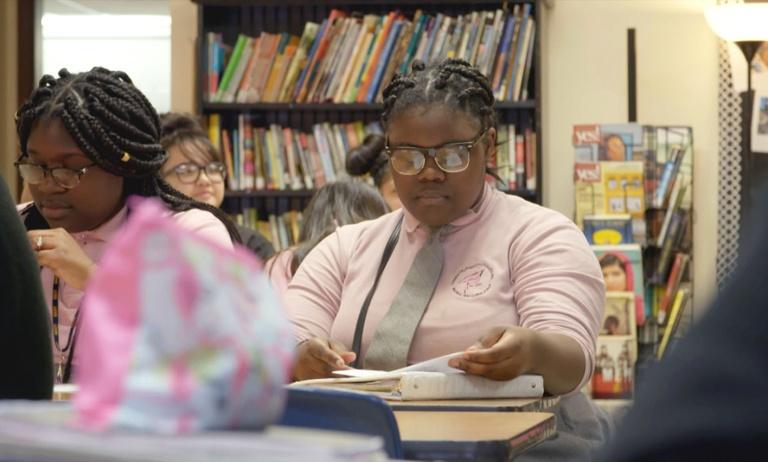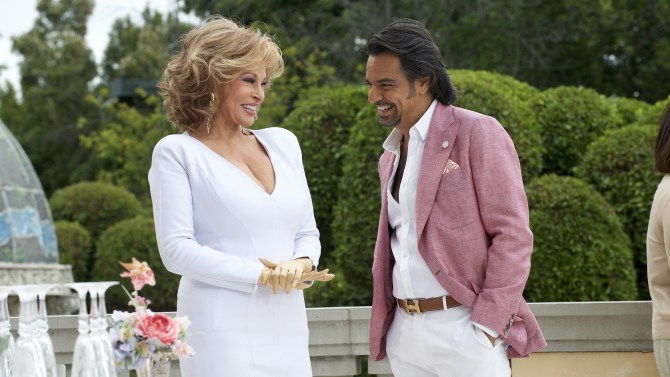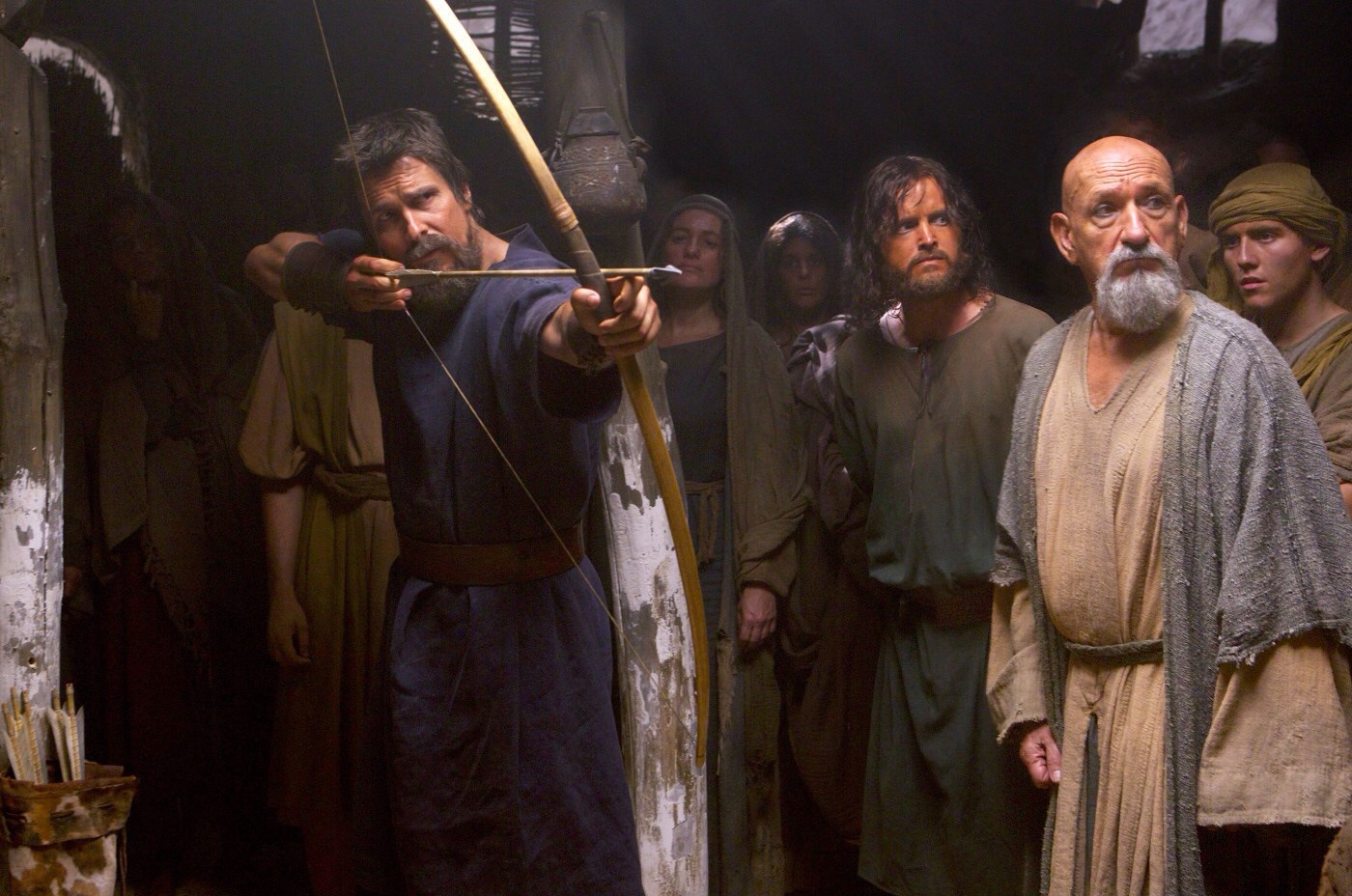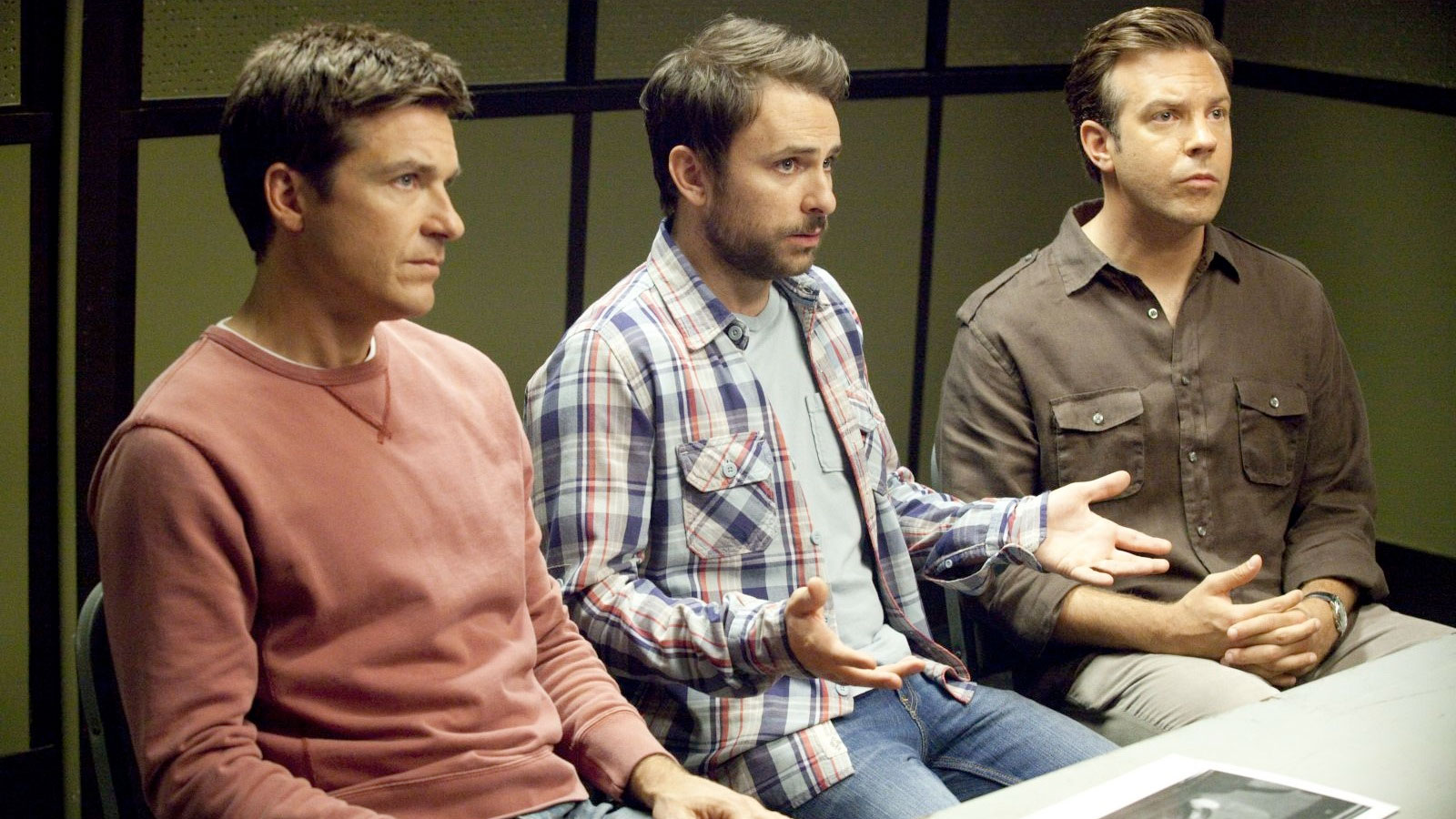7-year-old Samaya was suicidal the day she ran away from school. It would have been all too easy to jump off a bridge and onto a crowded freeway; her school isn’t far from some very dangerous places. She ran away from school to escape a bully … her teacher.
There’s a history of overpunishment within the lives of black girls in the United States, especially within educational environs. A lot of it comes from a perception that black girls are somehow more adult than their peers … or are at least treated as such. I don’t know why this is necessarily true, but it is … and I wish I did know why this is the case. For white people, we hear of child “overpunishment” and summon thoughts of Harry Potter and Charles Dickens. We think of how terrible to be held accountable at age seven for minor infractions or mistakes in judgment. This isn’t J.K. Rowling or Charles Dickens; this isn’t fiction; this happens every day in America and it’s more likely to happen to black girls than any other demographic.
The documentary Pushout: The Criminalization of Black Girls in Schools takes a look at after-the-fact recoveries: girls who were in deep trouble, but have since recovered. The film focuses specifically on school districts in Oakland, CA, Miami, FL, and Columbus, OH, where awful things have happened to our subject case studies, but they seem to be recovering nicely.
Pushout is a surprisingly upbeat documentary given the subject matter – perhaps because the title is slightly misleading. I expected Pushout to focus on the link between demographically-slanted failed education policies and criminal behavior. Instead, this film focused on a handful of girls trying to do better, staying in school, staying positive, and working with the idea that their lives are neither inconsequential nor a foregone conclusion.
This documentary schooled me several times. I had no idea what an ACE score is…“Adverse Childhood Experience” is a tally of the collective different types of abuse foisted upon children (Q1: “Did a parent or other adult in the household often or very often… Swear at you, insult you, put you down, or humiliate you? or Act in a way that made you afraid that you might be physically hurt?”) The film isn’t concerned what ACE score any individual student has so much as everyone in the documentary has an ACE score.
Do you have an ACE score? I don’t. Yes, that is 100% a mark of white privilege.
The film is, perhaps, a good primer for future SJWs. It hints at ugly without attacking one’s credibility as a sensitive human being. I find it easy to sympathize with the smiles of teens Emma and Ariana at the Columbus City Preparatory School for Girls. I was certainly interested to know more about programs like the S.O.U.L. Sisters Leadership Collective and for the noise about growing up too fast and self-revelation (ex. “Is there something wrong with me?”, “I have a right to be angry”, etc.) The conclusion lays bare the problem — if you push a girl out of school, you’re pushing her towards the criminal justice system. Which would society rather have: a kid in school or a kid in jail? Why aren’t we asking that question more often?
Pushout: The Criminalization of Black Girls in Schools is painfully shy on insight. The film offers a smattering of statistics: i.e. “black girls are three times more likely to be referred to law enforcement than white girls.” That’s a challenging statement; tell me more… unfortunately, the film lacked both thesis and flavor for the numbers it delivered. Compare this to, say, Ava DuVernay’s documentary 13th in which Ava’s film states that the US prison population has increased fivefold since 1970. Ava traces this fact exactly back to the failed War on Drugs, saturating the overall picture with racist laws and myopic policy. In this film, writer/director Jacoba Atlas went the anecdotal approach, telling the stories of a few girls in trouble. This makes for a sympathetic film, but comes up shy as a scientific venture.
As race tourists, our attentions are flighty
We’re casual with problems mighty
We don’t mean to be callous
Or engage in malice
But it’s not real until it happens to whitey
Not Rated, 56 Minutes
Director: Jacoba Atlas
Writer: Jacoba Atlas, Monique Morris
Genre: Stories most white people ignore
Type of being most likely to enjoy this film: SJWs
Type of being least likely to enjoy this film: “BLUE LIVES MATTER!”




